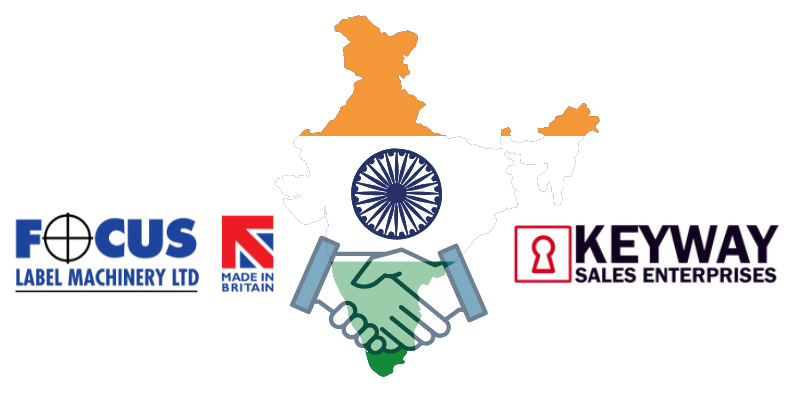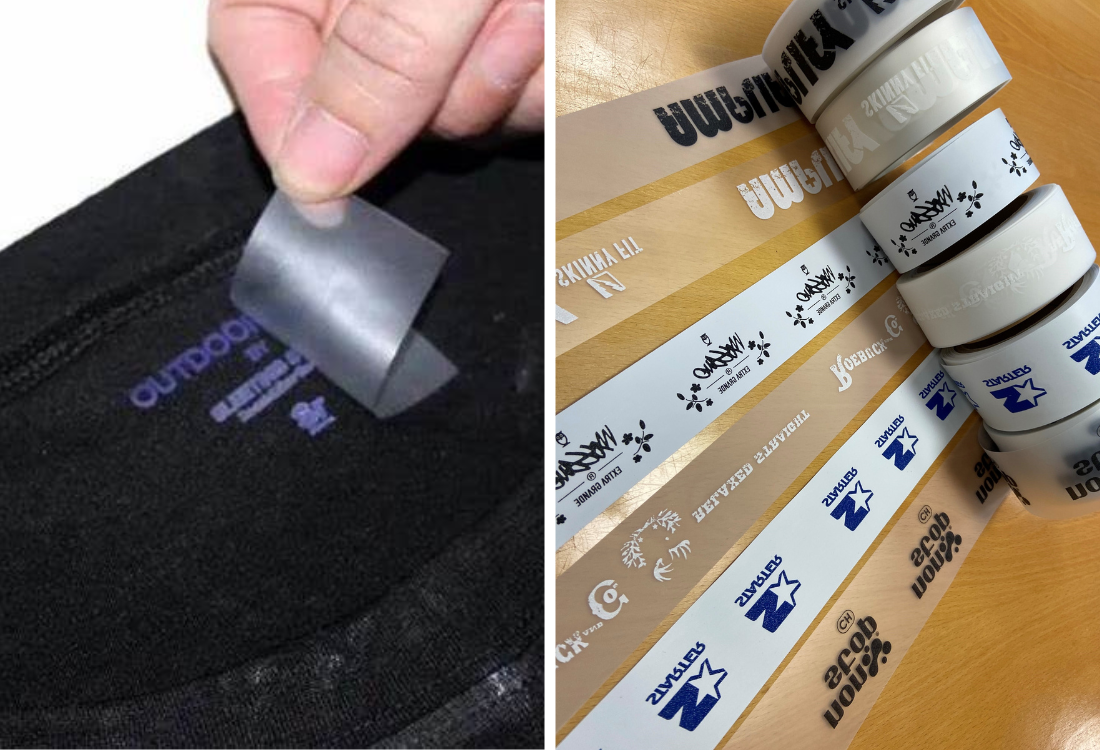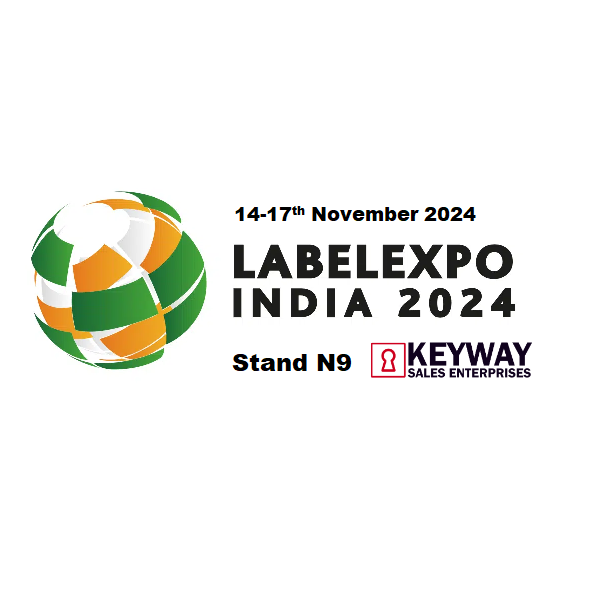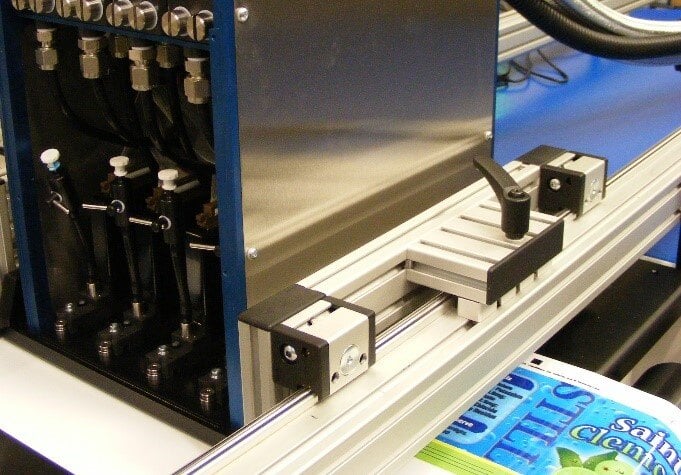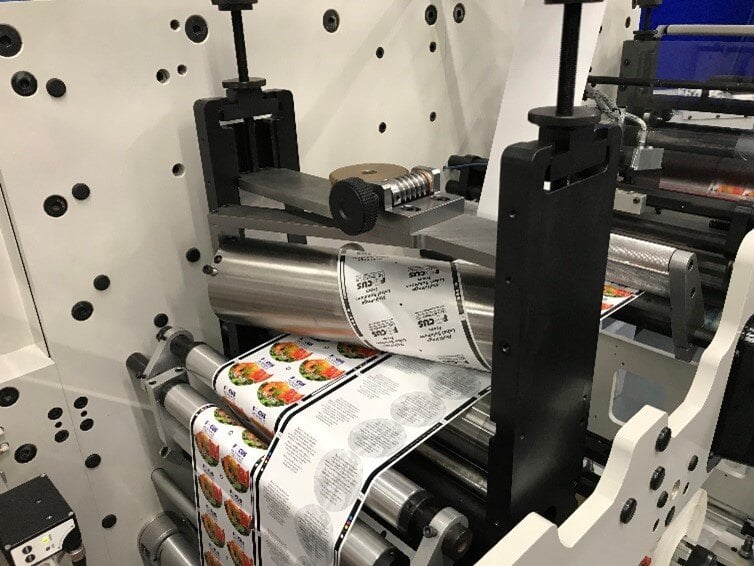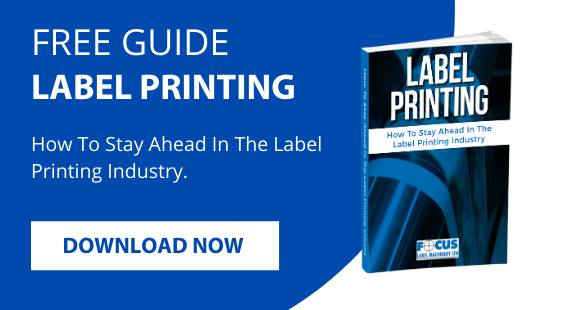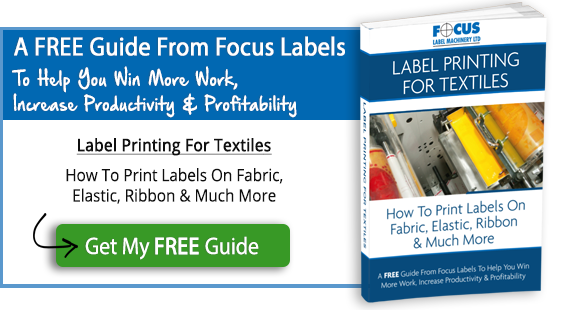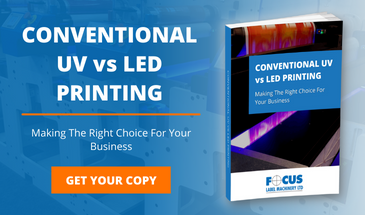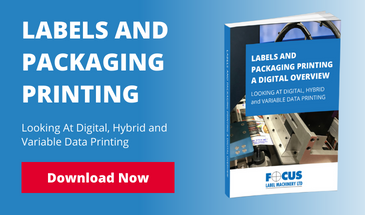Enhance Your Textile Printing Service With Customisable Heat Transfer Labels
If you provide textile printing services for your customers, offering unique customisation options will give them greater choice and can help your products to stand out from those of your competitors.
Meet You at Labelexpo India 2024
Focus will be attending the Labelexpo India Show in Noida , November 14th to 17th
5 Strategies For Reducing Waste In Label Printing Operations
Waste in label printing operations is problematic as it increases costs, depletes resources, and impacts the environment at a time when many companies are striving for sustainability. Excess materials, ink, and energy consumption drive up expenses and contribute to rising levels of pollution.
FOCUS ANNOUNCEMENT - Welcome James Thomas
Focus Label Machinery Ltd are pleased to announce James Thomas will be rejoining the company as Head of Sales & Business Development.
How To Get The Best Results From Peel and Reveal Labels
Peel and reveal labels are an innovative solution for many types of packaging, offering multiple layers of information within the same footprint as a standard label. They are particularly useful for products that require extensive information to be communicated to consumers, such as lists of ingredients or safety instructions.

